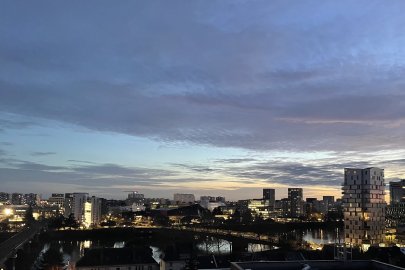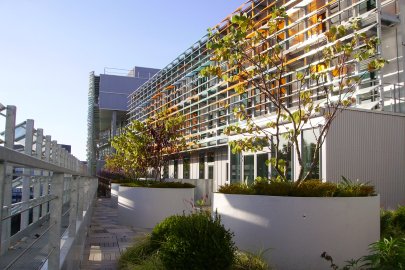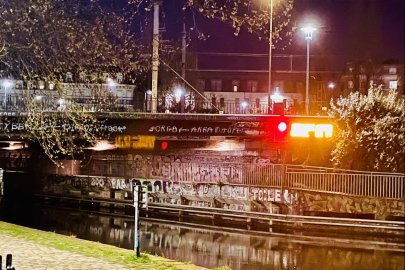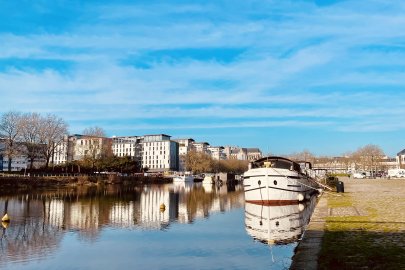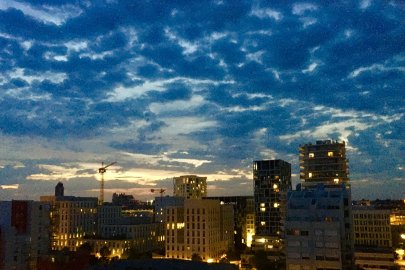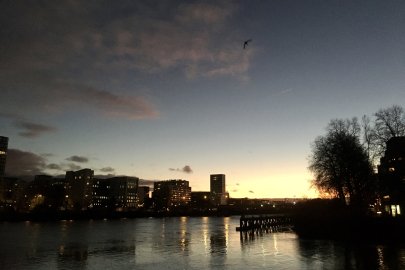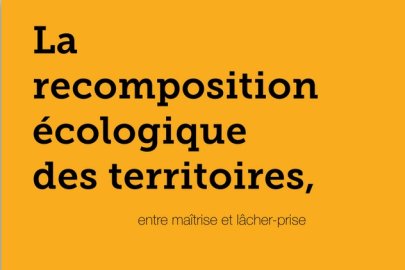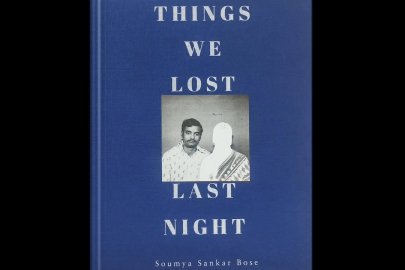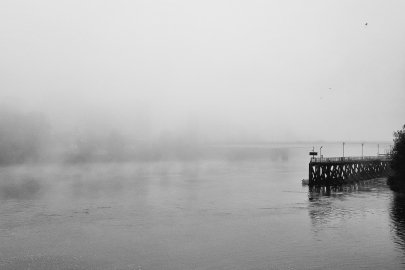Other ways of inhabiting the world: Making and unmaking the RMS Triangle
Ziad Elmarsafy, member of the Scientific Advisory Board of the Institute
In The House of the Dead, Dostoevsky defines humans as creatures who can get accustomed to anything. Humanity has recently grown used to hitherto inconceivable patterns of cruelty and violence.
Another way of inhabiting the world could be to become unaccustomed to it all. If the world is to be more habitable, we must, to paraphrase Luc Boltanski, make reality unacceptable.
Over the past three decades, rapacious tribalisms, monumental exploitations of people and nature, as well as forms of collective violence unimaginable even a few years ago have become the norm. The racialisation of global labour markets and the seemingly endless forced displacements caused by climate change, famine, genocide, and state collapse lead to a situation where many who leave their homes in search of a living are forced into lifetimes of slavery. These cycles have a pattern: we might reasonably speak of a Racism-Migration-Slavery (RMS) triangle.
Walk Free’s Global Slavery Index 2023 estimates the number of slaves worldwide in 2021 at some 50 million, including those trapped in situations of forced labour and forced marriage. This represents a 20% increase on the Foundation’s 2018 figures. Even as the world locked down to address the Covid-19 pandemic, this morally catastrophic sphere of human activity expanded. No crisis is so devastating as to stop people from buying and selling each other.
Racialisations and racisms travel with migrants, who may well find themselves reclassified, repelled, trafficked, and frequently enslaved or re-enslaved as they make their way across the globe. The worldwide increase in ultra-nationalism and fascism has only aggravated these trends. The rhetoric faced by migrants on arrival (if they ever do arrive) has changed little over the years: scepticism as to their motives and the harsh realities they are escaping, unwarranted suspicion of their conduct, unchecked rage at their mere presence.
Part of the problem is that those of us who do not have to keep moving just to survive rarely imagine that we might be afflicted with such sorrows: that we might be enslaved or forced to flee our habitual lives, never to return.
Changes of thought and action are urgently needed. What happens when we see the racial other as a migrant and potential slave; the migrant racialised and a potential slave instead of a mere security risk; the slave a racialised migrant with more in common with us than we would like to think? How do our current policies and practices prevent us from attending to what these new habits of thought might reveal?
We spend vast sums, time, and energy on forms of enjoyment – the World Cup, the Olympic Games, and so on— even as we overlook the suffering of those who make them possible. Over three centuries ago, La Bruyère reported feeling shame at being happy within viewing distance of certain forms of misery (Il y a une espèce de honte d’être heureux à la vue de certaines misères). Rediscovering that sense of shame and getting less used to the miseries that surround us would be a good start towards inhabiting the world not only differently, but better.
References
- Boltanski, Luc. Rendre la réalité inacceptable. À propos de «La production de l’idéologie dominante». Paris: Demopolis, 2008.
- Dostoevsky, Fyodor. The House of the Dead : A Novel in Two Parts. Translated by Constance Garnett. London: Heinemann, 1915.
- La Bruyère, Jean de. Œuvres complètes. Edited by Julien Benda. Paris: Éditions de la Nouvelle Revue Française, 1934.
- Walk Free. The Global Slavery Index 2023. Minderoo Foundation, 2023. https://walkfree.org/global-slavery-index

